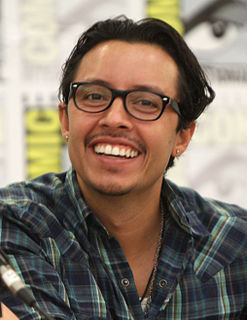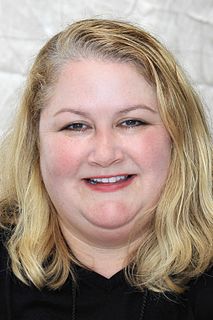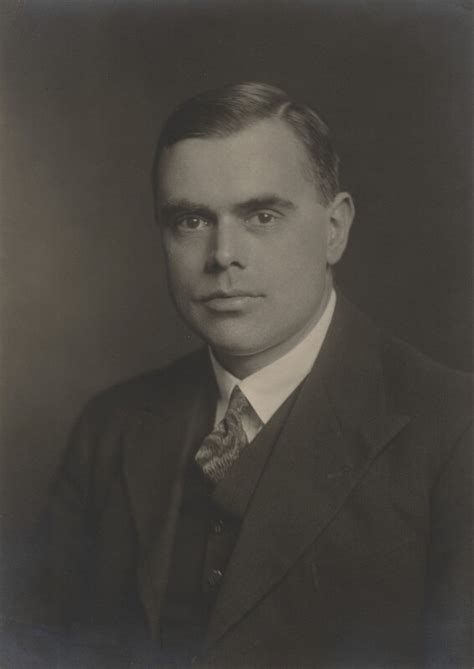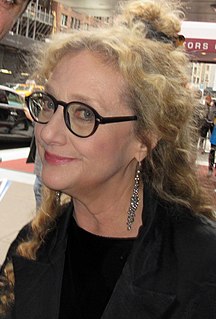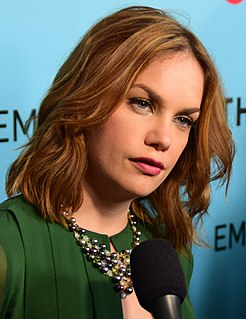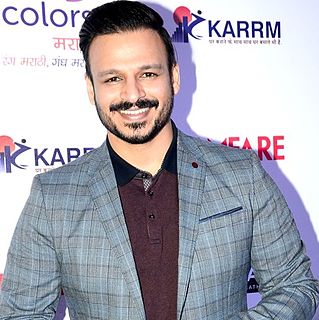A Quote by Annette Bening
Even with a stable character, you want something surprising to happen, hopefully because that's what the camera loves the most. That's what is great about film.
Related Quotes
Perhaps the most surprising thing about mathematics is that it is so surprising. The rules which we make up at the beginning seem ordinary and inevitable, but it is impossible to foresee their consequences. These have only been found out by long study, extending over many centuries. Much of our knowledge is due to a comparatively few great mathematicians such as Newton, Euler, Gauss, or Riemann; few careers can have been more satisfying than theirs. They have contributed something to human thought even more lasting than great literature, since it is independent of language.
He loves us because He is filled with an infinite measure of holy, pure, and indescribable love. We are important to God not because of our resume but because we are His children. He loves every one of us, even those who are flawed, rejected, awkward, sorrowful, or broken. God's love is so great that He loves even the proud, the selfish, the arrogant, and the wicked.
When you are writing, you have to love all your characters. If you're writing something from a minor character's point of view, you really need to stop and say the purpose of this character isn't to be somebody's sidekick or to come in and put the horse in the stable. The purpose of this character is you're getting a little window into that character's life and that character's day. You have to write them as if they're not a minor character, because they do have their own things going on.

